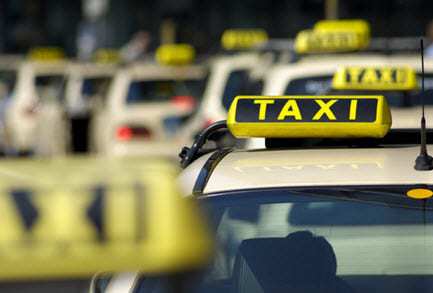Cab drivers are starting to investigate the use of smartphones as a transaction method.
Although mobile payments may not be taking off in every industry, and smartphone wallets may be falling far behind predictions, there is an area where there is a building interest for the transaction methods, and that is among cabbies.
Taxi drivers feel that both they and their passengers could benefit from this type of technology.
Cab drivers who have a device to process credit card transactions already do much better than those that accept only cash, but these devices are typically more costly to rent than is worth their while. Therefore, they find themselves accepting only cash transactions and having to turn customers away when they don’t have enough for the predicted fare.
By adding mobile payments options, this can add considerable convenience for drivers and passengers.
In response to this need, a number of different options are starting to arise from among companies that are offering mobile payments services. For example, there are several that use a dongle that can be attached to the driver’s smartphone or tablet in order to be able to swip e an actual credit card.
e an actual credit card.
However, there are also smartphone apps being created specifically for the mobile payments needs of taxi drivers. For example, in Germany, there is a myTaxi app. Drivers in that country can subscribe to the service to allow customers to both book their services and pay for their rides through the use of credit cards in their own smartphones.
The use of an app in the passenger’s own smartphone for mobile payments helps to assuage fears regarding security issues that could exist when the driver’s device is used to process the transaction.
The interest for mobile payments has become so strong that some taxi companies are considering distributing card readers for the smartphones of all of their drivers. This allows them to accept the transactions from their customers, regardless of whether or not they are users of a specific app. Both the dongles and the apps typically charge a per-transaction fee of an average of 2 to 3 percent.
